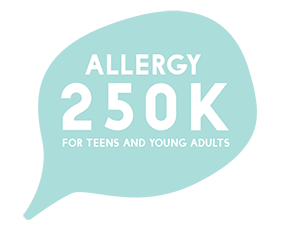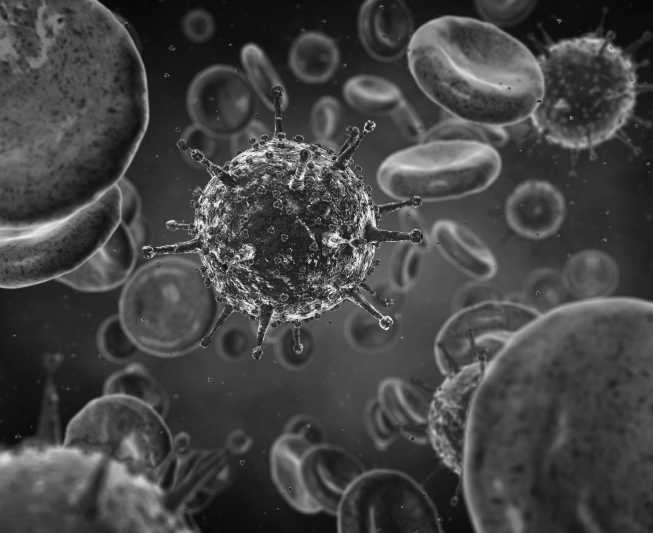How allergies work
- Have you ever wondered what happens inside your body that leads to you developing allergies?
- It is normal to wonder why you have a food allergy when others do not.
- This short animation provides a simple explanation about how we develop allergies and also what happens in our body to cause symptoms of an allergic reaction.
"How allergies work"
Allergy development
The cause of food allergy is still not well understood. While there is no single known cause of allergy, research suggests that allergies can develop from a mixture of genetic and environmental influences.
Genetic predisposition
You are more likely to develop a food allergy if a close family member also has an allergy (e.g. eczema, asthma, hay fever, food allergy). In fact, there is a 30% chance that you [1] will have an allergic disease if one of your parents has an allergic disease (food allergy, eczema or asthma).
The risk of developing an allergy doubles if both parents have a history of allergic disease.
Environmental factors
Improved hygiene, lifestyle and diet are other factors that are considered to contribute to the rise of allergies in the Western world.
The delayed introduction of the common allergy causing foods into a child’s diet is also a possible cause of food allergy. Current advice from the ASCIA encourages parents to introduce the common allergy causing foods (peanuts, tree nuts, cow’s milk, egg, wheat, sesame, fish, shellfish and soy) into their baby’s diet from around 6 months (not before 4 months) and before one year of age. The National Allergy Strategy Nip allergies in the Bub website provides useful information about food allergy prevention in babies.
Another theory is that food allergy can develop due to exposure to food allergens through the skin, such as using a moisturiser that contains food or food ingredients (e.g. milk or almond protein in a skin cream) particularly if the child has eczema. ASCIA currently advises avoiding creams, lotions, oils that contain food allergens in babies and children, particularly if they have eczema.
It should be noted that food allergies can develop even if there is no history of allergy in the family or known environmental risk factors.
Allergy Treatments
Allergen immunotherapy for food allergy
Currently there is no cure for food allergy. However, there is a lot of research being done in this area for possible treatments for food allergy, particularly using oral immunotherapy.
Oral immunotherapy (OIT) for food allergy is a potential treatment that must be coordinated by a clinical immunology/allergy specialist. It involves giving daily doses of the food the person is allergic to, starting with a very small amount, then building up to a maintenance dose. The aim of food allergy OIT is to reduce how reactive you are to that food, resulting in either milder allergic reactions or no allergic reactions.
Currently in Australia, OIT for food allergy is only available through clinical trials. It is important that you DO NOT TRY THIS AT HOME. You should discuss OIT for food allergy with your clinical immunology/allergy specialist.
Allergen immunotherapy for other allergies
Allergen immunotherapy (AIT) is also known as desensitisation. Allergen immunotherapy can help reduce the severity of symptoms or the need for regular medication for allergic rhinitis (hay fever) or allergic asthma. Allergen immunotherapy is commonly used for people with pollen, animal dander and dust mite allergy and also for people with anaphylaxis to bee and wasp stings. Allergen immunotherapy is not available for all allergies and is more successful for some allergies than others, so your clinical immunology/allergy specialist will be able to advise if this is a treatment for you.
Allergen immunotherapy requires being given the allergen in regular and gradually increasing amounts. This can be done in the following ways depending on the type of allergen:
- allergen drops or tablets under the tongue daily
- allergen injections monthly (more frequently in the building up phase)
1Allergy & Anaphylaxis Australia, www.allergyfacts.org.au
"How allergies work"


